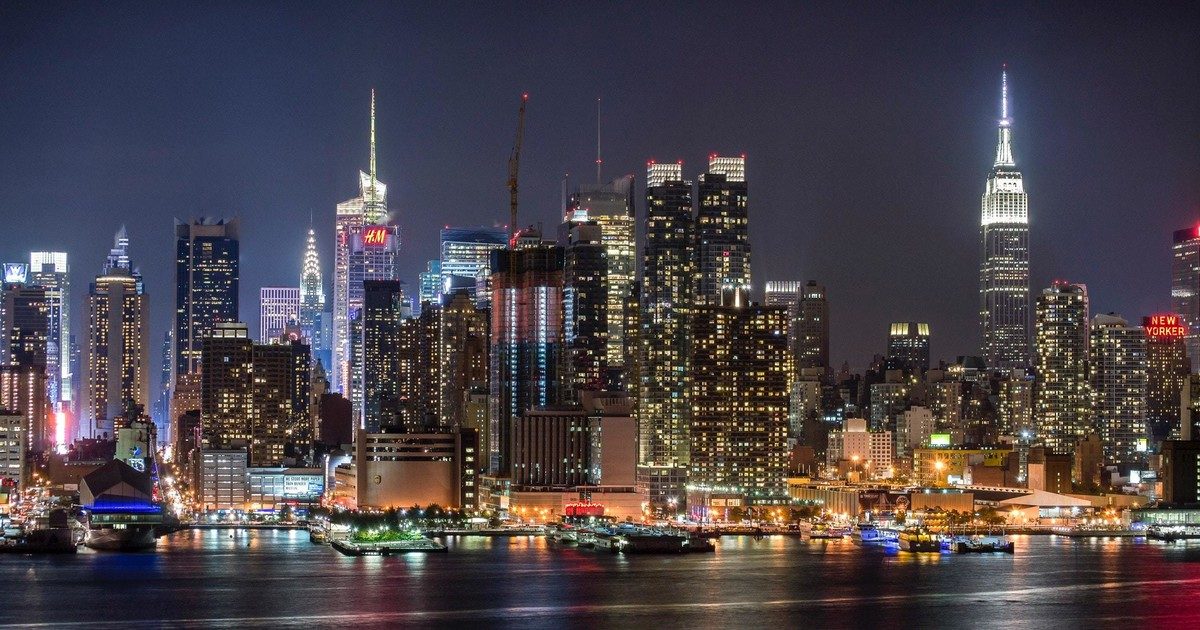For last week’s class, we read “The City as a Growth Machine” in Logan and Molotch’s Urban Fortunes: The Political Economy of Place, and Loughran’s article “Parks for Profit: The High Line, Growth Machines, and the Uneven Development of Urban Spaces” in City & Community. In “The City as a Growth Machine,” Logan and Molotch examine the city as a “growth machine.” The growth that these authors refer to, is the economic impact that occurs as a result of the investment of elites, entrepreneurs, and business owners in cities, and the support that they receive from politicians. As these investments lead to the expansion of cities and the growth of the consumer base, the economic benefits yield profits for entrepreneurs and business owners. These investments into the city are also an opportunity for politicians to push forward their political agenda, and in some situations receive economic rewards from stakeholders to whom they show support.
My question for our class discussion, and the question that still lingers for me, is what agency do local residents have in urban growth. In our class discussion we identified that there is a clear power dynamic that exists when considering the ways in which cities grow, and that those atop the hierarchy benefit most from urban growth. This system, or “machine,” is maintained by these key stakeholders, and is perpetuated by their quest for continued economic advancement. Though they claim that growth in urban areas benefits all, theories of urban growth highlight the role that politics and government play, as well as the hierarchy and dynamics at play via capitalism, that advance the interests of the elite and leave many unrepresented and unheard. Though inclusion in decision making processes would solve the issue of residents being unheard, I am skeptical of the willingness of entrepreneurs, elites, and business owners to shift their focus to what residents want, if it does not yield economic opportunity.
Another theme that was raised in our class discussion was spatial capital. We discussed how residents can lay claim and power over space in their cities using the examples of parkour, and the spaces that residents in the San Francisco area have claimed as their own in “Places of Privileged Consumption Practices: Spatial Capital, the Dot-Com Habitus, and San Francisco’s Internet Boom.” Although these examples do provide counter narratives to the power dynamic that exists alongside urban growth and highlight resident agency, these examples only reflect the experiences of a select group of residents who are able to acquire social and cultural capital. These examples do not provide a response to how the socially and economically disadvantaged are represented.
In my initial question, my focus was on local residents. However, after our class discussion, I am more interested in how poorer communities are affected by urban growth and how those without social or economic capital can have input in regards to the changes in their cities. Though the hierarchy in cities and the political economy is not likely to change, politicians have the capacity to affect change, as they are able to speak on behalf of their residents, and ensuring that their voices are heard.
